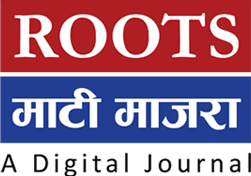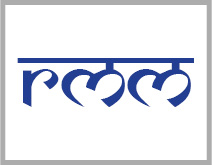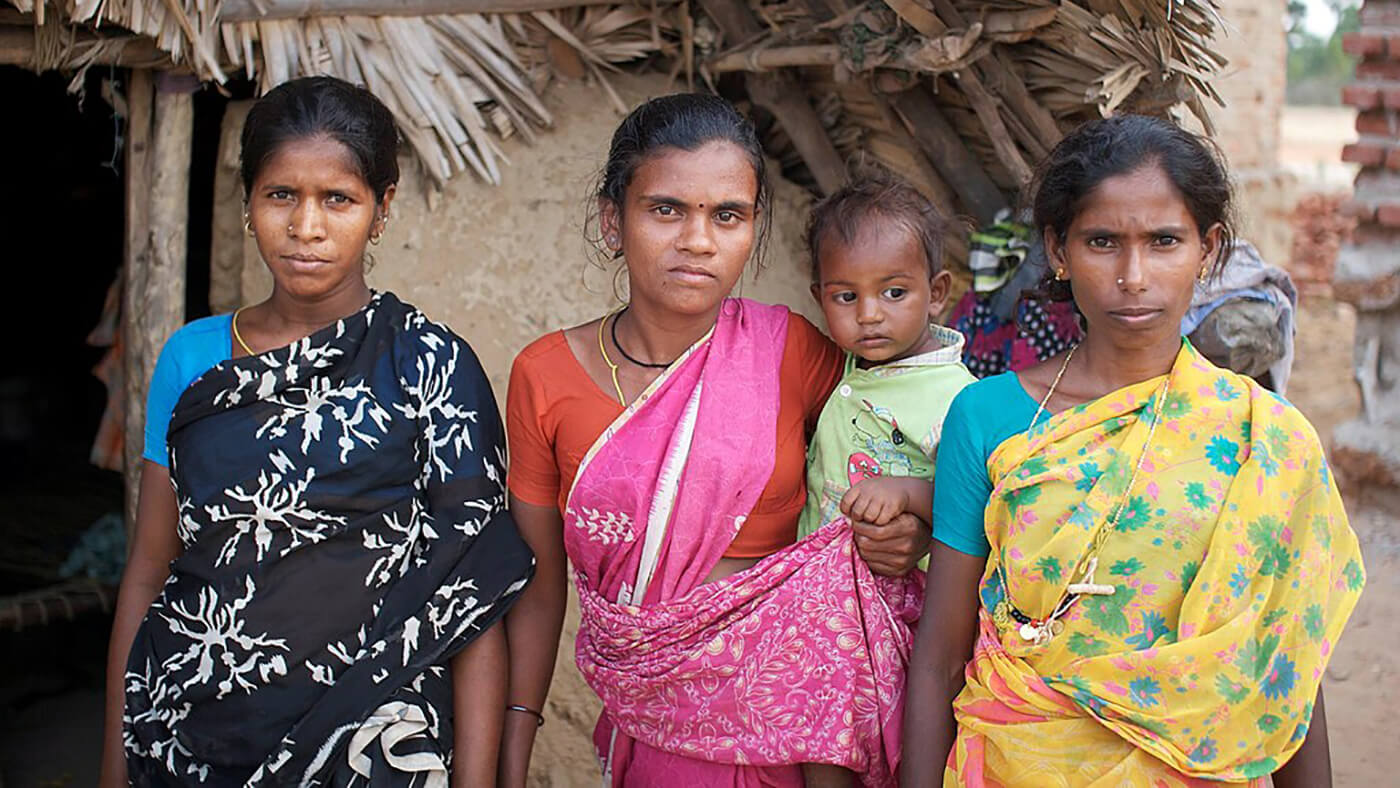“It is wrong; it should not happen,” senior BJP leader Murali Manohar Joshi told media in 2010 itself when the issue of caste census came up. . “It will further divide society and divert attention from issues like internal security, terrorism and poverty. A national debate is required on the caste census, but in my opinion it is not good for the country.”, he added.
Days back, RSS had also spoken against the caste census and though are not open about it now, various RSS leaders have spoken against the caste census. Recently their Hindi journal had an editorial on the issue too.
But BJP leaders such as Sushma Swaraj, Gopinath Munde and M. Venkaiah Naidu have said that numbers with regard to OBCs will help the government plan welfare measures for them. Clearly there is an issue with regard to counting the caste population in India in the next census of India. The decadal census which was to be held in 2021 , but postponed due to Covid -19 season, threatens not just raise a political storm, but a caste storm in India, going by the increasing public statements about the issue both by political parties and caste leaders. However, the States of Bihar and Karnataka has already conducted the caste survey on their own is planning to reorient their policies and politics accordingly.
The survey results of 2011 census revealed a complex caste counting process. The 2011 census had already initiated the caste survey process, but limited itself to the traditional scheduled caste and scheduled tribe count and not yet gone over to the other backbwaard castes. The provisional rural data of SECC 2011 shows Scheduled Castes at 18.46% (or 15.88 crore), Scheduled Tribes at 10.97% (9.27 crore), Others at 68.52%, and 2.04% (or 36.57 lakh) as “No Caste & Tribe” households.
What is in stores for India’s caste census has been given as a curtain raiser by the Pew research centre of USA, which undertook a religious survey in India and its results are astonishing. “Pew Research Center’s new survey about religion in India asked about caste in a different way than the 2011 Indian census. All respondents, regardless of religion, were asked this question: Are you from a General Category, Scheduled Caste, Scheduled Tribe or Other Backward Class? (Note: General Category includes castes and sub-castes that don’t fall into a lower caste category.)
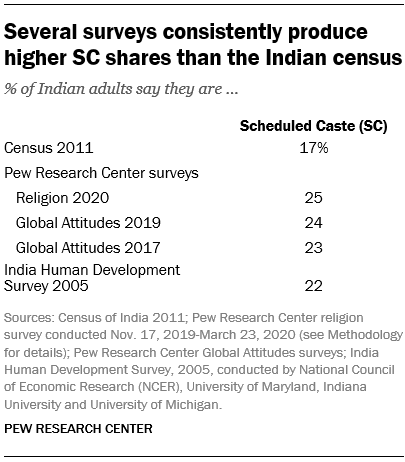
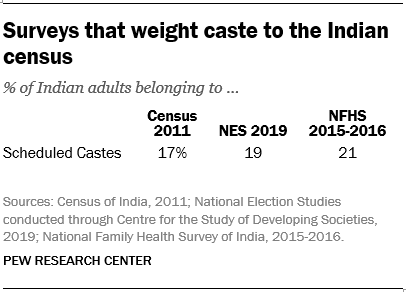
Using this methodology, 25% of Indians self-identify as Scheduled Caste and 9% say they are from a Scheduled Tribe. The SC estimate is considerably higher than the 2011 census estimate of 17%, although the ST estimate is identical (9%). An additional 35% of Indians identify as OBC in the Center’s survey.
The Pew paper on this said that “,In the Center’s survey, the Hindu caste distribution generally resembles that of the total population, but minority groups differ widely in their caste composition. For example, a large majority of Buddhists (89%) identify as SC, but just 3% of Jains fall into this category. Among Muslims, a small share (4%) identify as SC, but many (43%) identify as OBC.”
The American research centre concluded that; “Caste remains a complicated and integral aspect of life in India, as well as a political flashpoint. Measuring caste in India is highly consequential for understanding social dynamics in Indian society as well as for policymaking. But so far there is no consensus on how to measure caste identity in India, or even who should be asked the question (all Indians or members of particular religious groups). These differences in methodology can result in national sample surveys yielding different estimates than the 2011 Indian census.”
If the estimated data as given by Pew centre says 77% of Indians fall in categories of OBC, SC and ST and the reservations meant for caste representations in government jobs have to be revised, it will create more political upheavals as such a percentage is way above the maximum of 50% as prescribed by the constitution. The Ambedkarite and Mandal politics in North Indian States will further get emboldened and can pose a threat to the current prevailing Hindutva politics. After all when chips are down it is the economic status which matters to the majority of the population and not religion.
In real politics, Congress has been demanding the caste census to ensure the real representation of people in government. The opposition leader Rahul Gandhi has been in the forefront of this demand realizing that it will divide the Hinduvta politics. Having learnt from Mandal order and the politics of backward castes which followed in 1991, the Congress wants to reap the politics through the caste census demand of the next census. The ruling BJP having realized the political potential of the caste census is treading cautiously though BJP, ideological mentor RSS dominated by upper castes have opposed it in various forums.
Census is all about collecting data from the population, with their physical and social attributes to help governments plan and focus their development initiatives. All governments wow’s to reach the poor through their welfare schemes. Having identified the lower castes, OBC, SC and ST as the least developed communities in terms of castes, it is logical to enumerate them to focus the developmental attention to them. However with power politics coming in its way, it needs to be seen how parties and the government decide on the modalities of a census which is yet to happen this decade. May be the census of the decade can get postponed to the next decade, so that like many issues, the idea of a caste census can die out in time.
